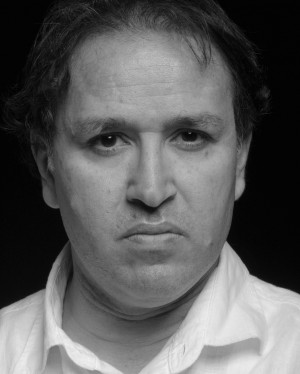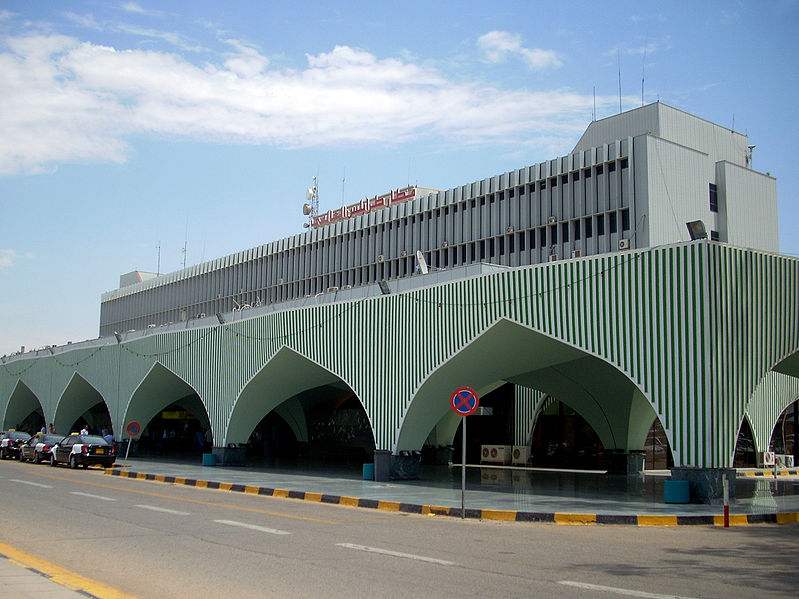By Nigel Ash

London, 30 September 2014:
The Libyan poet and translator Khaled Mattawa has been selected as one of the 2014 recipients of . . .[restrict]a prestigious US MacArthur fellowship.
His citation for the $625,000 award praised him as a cultural ambassador and poet-translator of Arabic poetry who has given a voice to a vast literature that is little known in the English-speaking West.
“In masterful translations that evoke the rhythm and cadence of Arabic,” the citation read, “he renders the beauty and meaning of the poems accessible to an English reader”.
It continued: “Through his critical essays, his poetry and his translations, Mattawa serves as a mediator between Arab and American culture and highlights the invaluable role of literary translations in bridging cultural divides”.
The new MacArthur fellow, is a cofounder of the Arete Foundation of Arts and Culture in Tripoli and Associate Professor of English and Creative Writing at the University of Michigan, Ann Arbor. He told the Libya Herald that the fellowship came as a complete surprise.
“I had no inkling that I was being considered,” he said, “It’s really an amazing process. And I only heard when I was called and told that I’d won”.
Mattawa explained that all judges work under strict rules of confidentiality, even after they have made their decisions.
The MacArthur Fellows Program, part of a $6.3 billion charity, one of the largest foundations in the US, awards its unrestricted fellowships to “talented individuals who have shown extraordinary originality and dedication in their creative pursuits and a marked capacity for self-direction”. Since 1981, 918 fellowships have been awarded in a wide range of disciplines. No one can apply for a fellowship or promote others. The selection of fellows is made independently and in-house.
The selection panel noted that Mattawa, himself an established poet with four published collections including Tocqueville in 2010, did not seek to replicate the meter and rhyme of the original, nor did his translation mimic traditional English forms. Instead, “ they are creative reproductions with words translated or replaced, sentences and spaces rearranged, but with fidelity to the author’s spirit. The translated poems occupy a transitional space between two cultural traditions”.
The citation went on to say that Mattawa’s own poetry exhibited a similar quality, blurring time and space to impart the complexity of a transnational identity.
Mattawa has thus far published the first English translations of respected contemporary Arab poets including Amjad Nasser (Jordan), Saadi Youssef (Iraq), Adonis (Syria), and Fadhil Al-Azzawi (Iraq), as well as female poets such as Iman Mersal (Egypt), Joumana Haddad (Lebanon) and Maram Al-Massri (Syria).
Mattawa told this newspaper that the congratulations he had received had come amid tragic and disappointing news, epitomised by the murder of 18 year-old Benghazi activist Tawfik Bensaud . People had said however, the award had uplifted them.
“I’m just as sad as all Libyans at how things turned out in the past few months, and how many of our aspirations for the revolution have been turned upon their heads”.
He continued: “The award should indicate that Libyans can also excel in their fields and distinguish themselves. We maybe dysfunctional as a society, but as individuals, in a different context, all are capable of excelling”.
Mattawa also pointed out that he thought his MacArthur fellowship pinpointed the importance of institutions many of which had supported his work.
“And finally, I could not have gotten anywhere without the help of many teachers and colleagues and even students who made time to help me improve my work and assisted, rather than impeded my progress. Many, many people helped me and I am grateful to them”.
Mattawa explained that the fellowship would be put to good use. “I have several literary and cultural projects that this award can give me the time to undertake. It will allow me to take on even more projects”. [/restrict]










